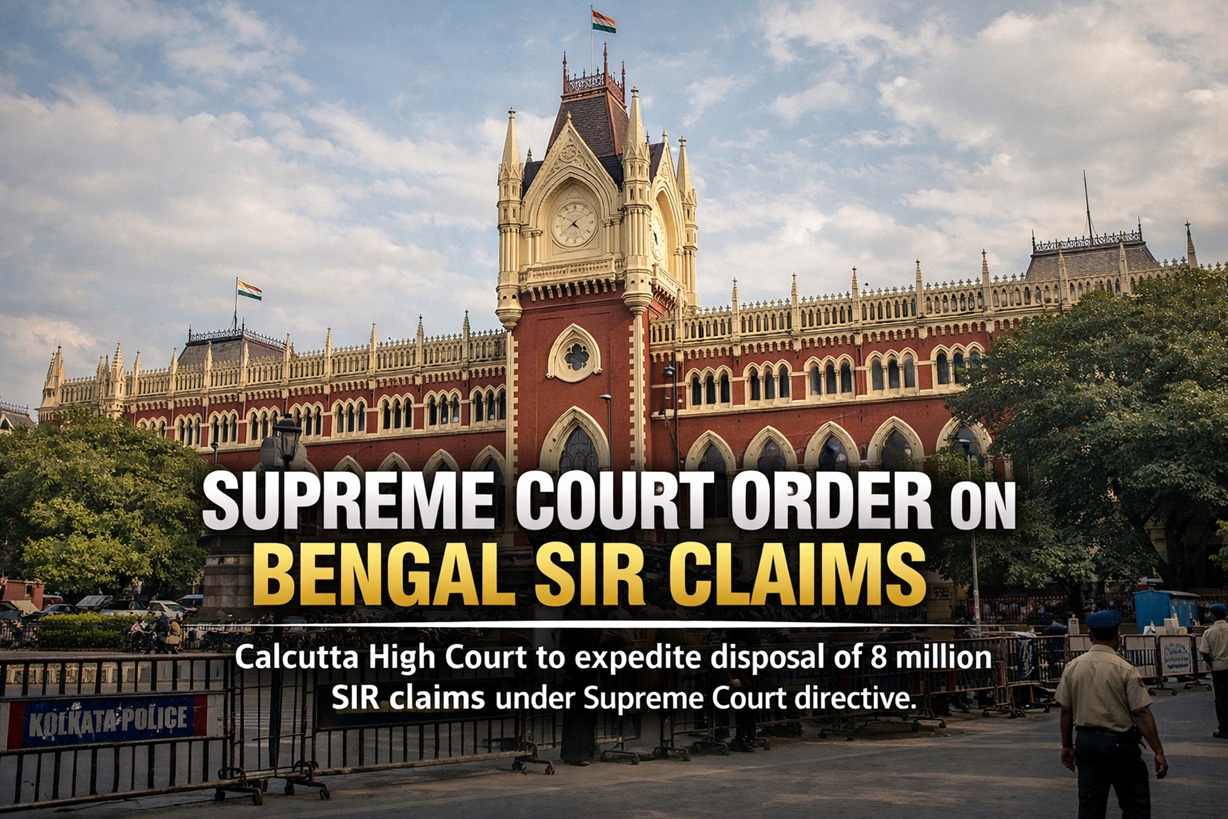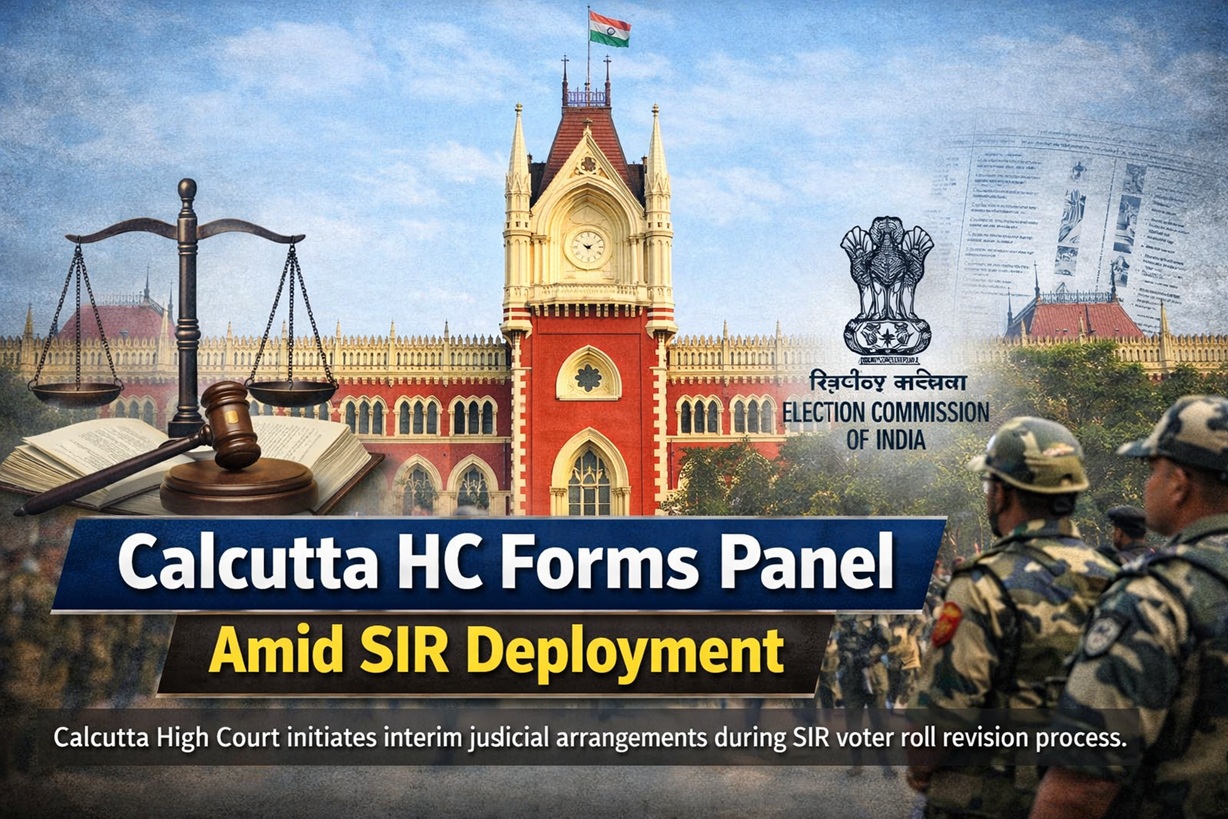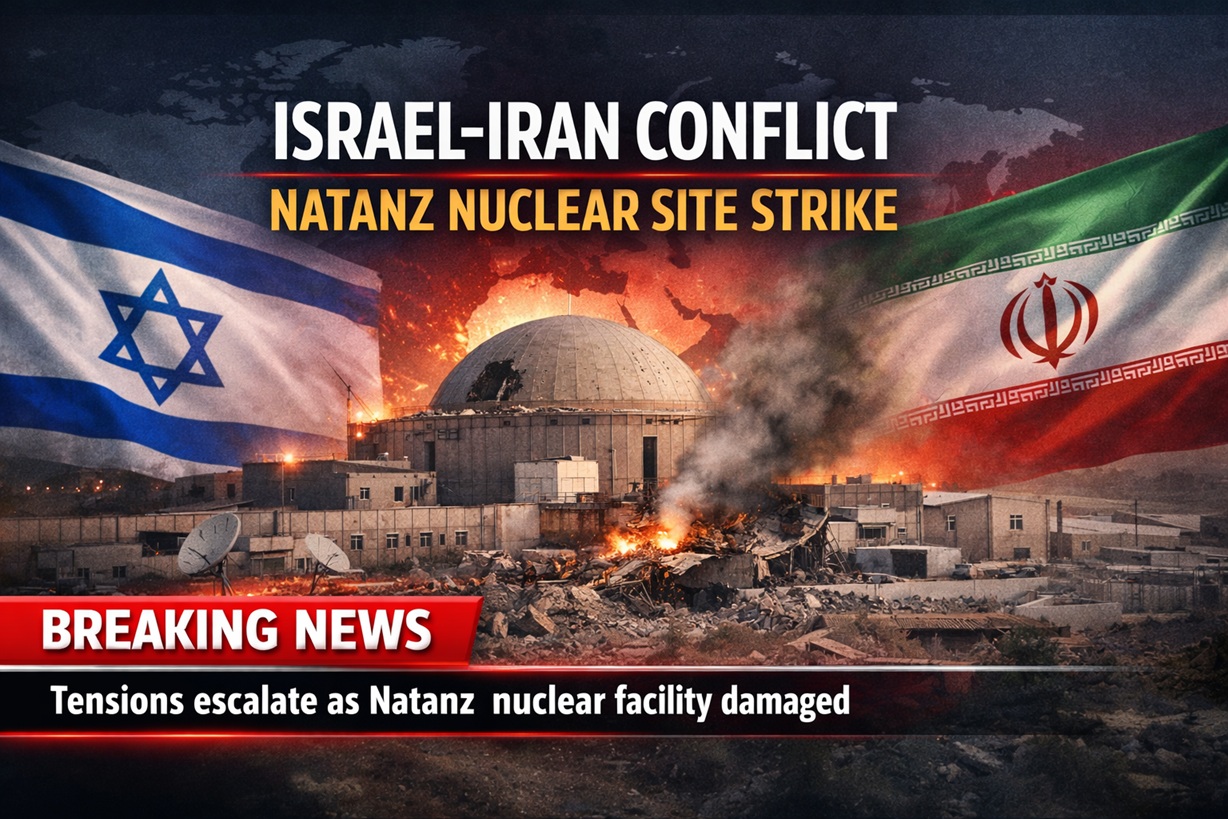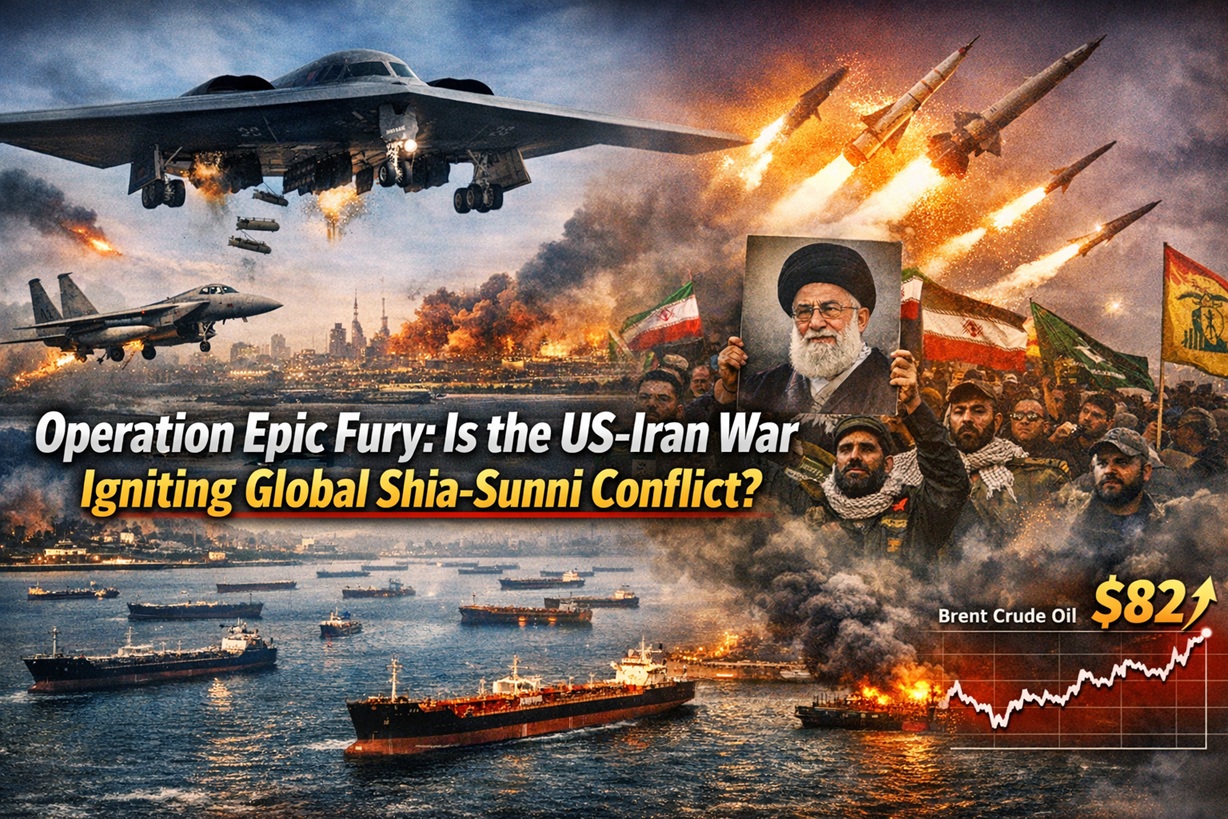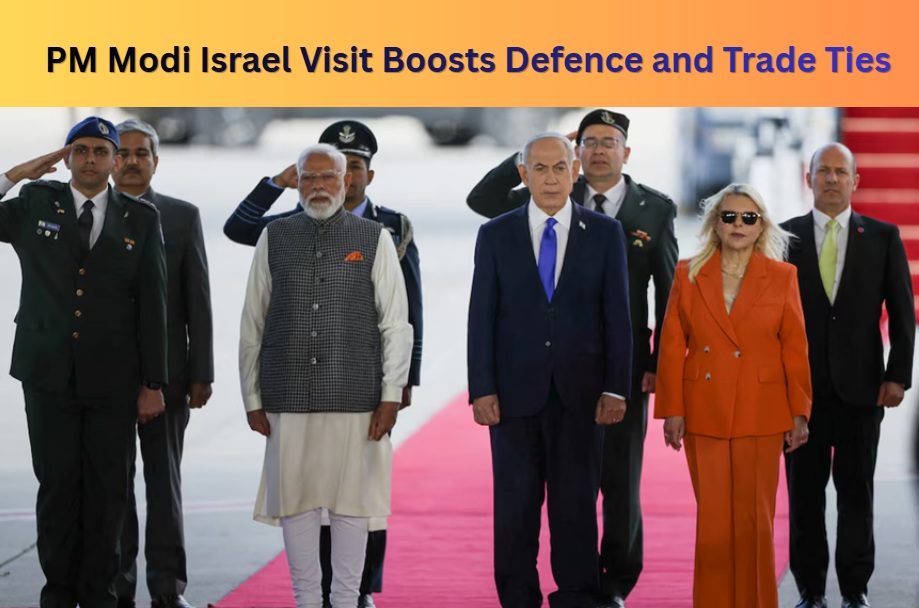On the auspicious occasion of Vijay Dashami, Mumbai witnessed a shocking incident of violence as a prominent political figure, 66-year-old Nationalist Congress Party (NCP) leader Baba Siddiqui, was fatally shot. The tragic event occurred on Saturday, as Siddiqui’s son, MLA Zeeshan Siddiqui, stepped out of their office in Kher Nagar, Bandra. Three armed assailants ambushed them and opened fire on the senior leader.
Siddiqui was immediately rushed to the hospital, where doctors pronounced him dead on arrival. This incident has not only shaken the political landscape but also raised serious questions about the security provided to politicians in India. Baba Siddiqui, who had been assigned Y-category security due to his prominence and influence, was still targeted in broad daylight. This leads to a series of critical questions: How did the shooters bypass his security? Who was behind this carefully planned murder? And what were the motives behind it?
The Life of Baba Siddiqui: From Humble Beginnings to Political Powerhouse
Baba Siddiqui’s story is one of an impressive rise. He hailed from a modest background—his family originally from Patna, Bihar. His father owned a small watch repair shop, and young Siddiqui worked alongside him. It was in Mumbai that his career and influence took off, growing from a local businessman to one of the most powerful politicians in the city.
Known for his close ties to Bollywood, Siddiqui became a fixture in Mumbai’s elite social scene, famously hosting grand Iftar parties that attracted the likes of Bollywood superstars such as Shah Rukh Khan and Salman Khan. These events were not only about religious observance but became significant political and social gatherings, cementing Siddiqui’s status as a man of influence.
Over the course of his political career, Siddiqui served in the Congress for 48 years before aligning himself with Ajit Pawar’s faction of the NCP. His shift in political allegiance raised eyebrows, but his influence remained intact. Siddiqui was also the subject of several Enforcement Directorate (ED) raids, with reports suggesting assets worth Rs. 462 crore had been seized, adding another layer of controversy to his public life.
A Political Murder or Something More?
Baba Siddiqui’s murder has sparked a frenzy of speculation and investigations, with multiple theories being presented. Was it a political assassination? A property dispute? Or a personal vendetta? Siddiqui’s life was fraught with risks, particularly due to his involvement in high-stakes property dealings in Bandra and other parts of Mumbai. Rumors abound that no significant property transaction in Bandra could proceed without Siddiqui’s approval, making him a powerful figure in the real estate world.
It is also alleged that Siddiqui had ties to underworld figures, further complicating the web of motives behind his murder. His name had been linked to notorious criminals such as Dawood Ibrahim, with some reports suggesting that his business partnerships were intertwined with the activities of the Mumbai underworld. His fallouts with former associates may have led to fatal consequences, with suspicions of hitmen being hired to eliminate him.
Among those named in connection with Siddiqui’s murder is notorious criminal Lawrence Bishnoi, whose gang has been involved in several high-profile attacks, including threats against Bollywood figures. Bishnoi, already a well-known figure in India’s criminal world, has claimed responsibility for other murders, leading to speculation about his involvement in this case as well.
A Tale of Two Indias: The Political Class vs. The Common Man
The aftermath of Siddiqui’s murder has also revealed deep divisions in how public and political figures are treated compared to ordinary citizens. The swift reaction from politicians across party lines—whether it be Rahul Gandhi, Sharad Pawar, Uddhav Thackeray, or others—showed the immediate concern for Siddiqui’s death. Their outrage and calls for justice were echoed in the media, with round-the-clock coverage of the murder investigation.
However, this intense focus has also sparked criticism. Many have pointed out the selective outrage displayed by the political class. When an ordinary citizen falls victim to violence, be it a businessman, teacher, or laborer, such incidents often receive little attention, let alone immediate government action. The hypocrisy of political leaders mourning the loss of one of their own, while remaining silent on the deaths of common people, has become a focal point of public discourse.
This case highlights the disparity in the treatment of public figures versus regular citizens. The murder of an influential politician like Baba Siddiqui prompts immediate action—multiple police teams are formed, investigations proceed at a rapid pace, and arrests are made. Meanwhile, crimes involving everyday citizens often take much longer to resolve, and in some cases, justice is never fully served.
The Police Investigation: A Race to Find the Culprits
Mumbai Police has already launched an aggressive investigation, with five special teams assigned to track down those responsible for Siddiqui’s murder. One suspect has been arrested, and police believe they are close to apprehending the remaining culprits. Early reports suggest that the murder was premeditated and carefully planned, with shooters possibly receiving large sums of money to carry out the hit.
As the investigation unfolds, the involvement of underworld figures, political rivals, and property disputes will be thoroughly examined. Some believe that this attack may be linked to Siddiqui’s business dealings, particularly his control over lucrative real estate in Mumbai, where tensions over property ownership often lead to violent confrontations.
The involvement of gangs, like Bishnoi’s, adds another layer to the investigation, with the possibility that Siddiqui’s murder was a part of a larger criminal conspiracy. Bishnoi has also been linked to attacks on those close to Salman Khan, further deepening the intrigue surrounding the case.
Conclusion: A Crime with Far-Reaching Implications
The murder of Baba Siddiqui is more than just the tragic death of a politician. It represents the dangerous intersection of politics, crime, and influence in modern India. The incident sheds light on the murky dealings that often underpin the lives of powerful figures and highlights the stark contrast in how different strata of society are treated in times of crisis.
As the investigation continues, it is expected that more details will emerge, revealing the complex web of relationships and rivalries that led to this brutal killing. For now, the focus remains on finding those responsible and understanding the true motives behind this high-profile assassination.
In a country where political murders are not uncommon, Baba Siddiqui’s death has become a reminder of the precarious nature of power and the potential for violence that often accompanies it. As the public and media continue to speculate, one thing is certain—this is a story far from over.
